As a dog owner, you’ve probably wondered at some point: How long can dogs go without pooping? Whether you’re dealing with a constipated pup or just curious about your dog’s digestive health, understanding their bathroom habits is crucial. Dogs, like humans, have regular elimination patterns, but these can vary based on diet, age, and health.
In this guide, we will ask this question many times and provide many different answers depending on the situation that your pup might be in! We’ll explore everything from normal bowel movements to emergency red flags. So, grab a leash, and let’s dive into the wild world of dog digestion!
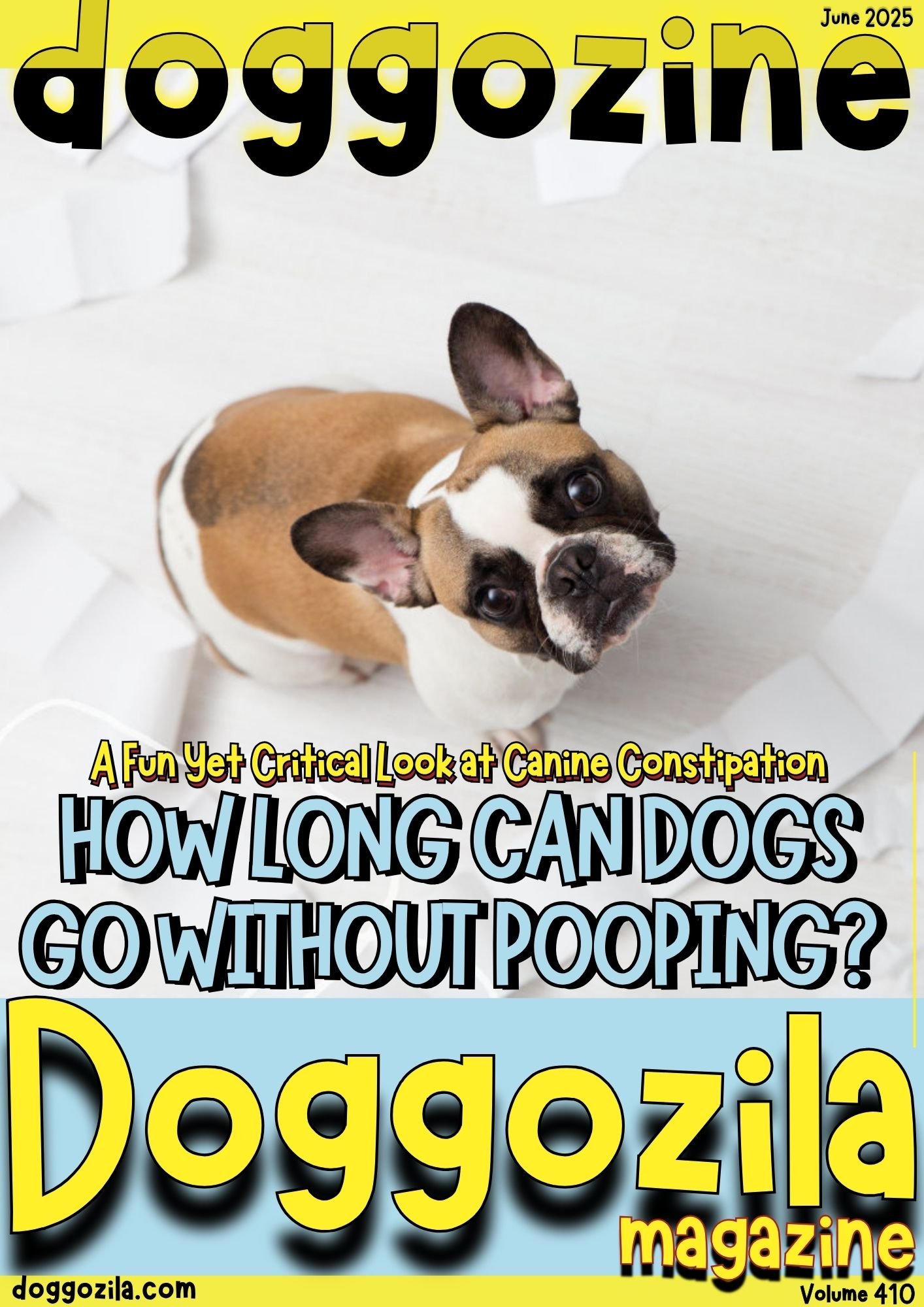
WHAT HAPPENS IN A DOG’S BODY WHEN IT SKIPS A POOP DAY?
The digestive system of a dog is a finely-tuned machine, constantly moving food through a series of internal checkpoints. When dogs skip a day of pooping, this doesn’t immediately signal doom—it could be totally normal. Factors like stress, dehydration, or a change in diet can all cause momentary stalling. But underneath the calm surface, a lot is happening: intestinal contractions, nutrient absorption, and microbial tug-of-war. Think of it as a digestive road trip—sometimes there’s traffic, and sometimes they’re just enjoying the scenery.
A dog’s digestive system is a fascinating, well-oiled machine that turns kibble into energy—and, of course, poop. Most healthy adult dogs poop between one and three times a day, but some may go longer depending on their diet and metabolism. Puppies, with their turbo-charged digestion, might go even more frequently, while senior dogs could slow down.
How Long Can Dogs Go Without Pooping Before You Should Worry?
Many vets agree that one to two days without a bowel movement can be within the realm of normal, especially if your dog seems otherwise healthy. But crossing the 48-hour mark starts raising eyebrows. The answer to “how long can dogs go without pooping” depends on age, diet, activity, and medical history.
For example, a high-fiber dog diet typically leads to more consistent output. Puppies tend to poop more often due to fast metabolism. Older dogs, on the other hand, may slow down their rhythm. Dehydration plays a silent villain in many constipation cases.
Keeping an eye on stool texture and frequency becomes a window into your dog’s internal well-being. Don’t panic—but don’t ignore it either. Charting patterns over time helps reveal when something’s truly off. In short, the poop pause might just be temporary—or it might be your early cue to act.
What Role Does Diet Play In How Long A Dog Can Go Without Pooping?
Diet is the conductor of the digestive orchestra. A sudden change in food—say, from wet to dry or vice versa—can throw off that rhythm. High-protein diets can reduce waste output. Meanwhile, fiber promotes bulk and consistency. Dogs who eat low-residue food, such as raw diets, may naturally poop less. Additives, allergies, and even sneaky table scraps change things fast.
Make transitions gradual over at least a week. Stay consistent with feeding times to condition the gut. Hydration enhances digestion and helps fiber do its job. Fresh, clean water is just as important as good kibble. In essence, your pup’s poop schedule is written in the language of their meals.
How Often Should Puppies Poop Compared To Adult Dogs?
Puppies are poop machines—and proudly so. Their fast metabolism means food flies through their systems. It’s not uncommon for a young pup to go 4–5 times a day. As they age, the frequency dips, stabilizing around 1–2 times daily. Activity level, breed, and diet influence this too.
Small breeds often go more frequently than large ones. You’ll see changes as your dog matures from baby to barker. Keep records, especially during house-training. If your pup hasn’t pooped all day, it may be a sign something’s brewing. Diarrhea or constipation this early should never be ignored.
🔑 Key Points: Skipping a single poop day isn’t necessarily alarming; it can be normal due to factors like stress, dehydration, or dietary changes. Internally, digestion continues with contractions, absorption, and gut microbial activity.

WHEN YOUR DOGS Constipation CAN BE A SIGN OF TROUBLE?
A dog missing a bowel movement here or there is usually fine. But persistent constipation, straining, or crying during pooping can indicate an underlying condition. If your pup hasn’t gone in over 48 hours and seems uncomfortable, you’re no longer just waiting—you’re investigating. Possible causes include bowel obstruction, pain, or diseases affecting the spine or hips. Think of poop delays as your pet’s version of sending an SOS.
A constipated dog will often circle excessively, squat without results, or produce hard, dry stools. You might even notice them licking their rear end more than usual. Simple remedies include adding pumpkin puree (not pie filling!) to their meals or increasing water intake. But if your dog hasn’t pooped in over 48 hours, it’s vet time.
Recognizing Behavioral Shifts Tied To How Long Dogs Go Without Pooping
Has your usually chipper pup become lethargic, clingy, or restless? That could be a poop delay manifesting emotionally. Dogs feeling full and blocked may avoid activities they usually love. Our key question about “how long can dogs go without pooping” pops up as more than just biology—it’s also behavior. Whimpering when squatting is a red flag.
So, is obsessively sniffing places where they normally go without following through. It’s a lot like a mystery novel: something’s off, and your dog’s telling you. Communication is subtle but present. A change in routine plus gut discomfort can equal one very moody mutt.
Medical Causes That Influence How Long Can Dogs Go Without Pooping
Intestinal blockages—caused by ingested toys, bones, or clothing—are scary culprits. Parasites can also wreak havoc by inflaming the intestines. If the anal glands are clogged, dogs may avoid pooping entirely. Neurological conditions and side effects from medication add to the list. This isn’t the time to play the waiting game.
The question “how long can dogs go without pooping” becomes vital in ruling out complications. A vet visit with an X-ray or ultrasound can spot things you can’t. Early detection may prevent surgical intervention. It’s not fear-mongering—it’s being poop-savvy.
Pain, Trauma, And Emotional Blocks Affecting Bowel Regularity
Yes, dogs can get emotionally blocked, quite literally. A painful memory, such as injury or fear associated with a location, can deter defecation. This is especially true of rescues who might associate pooping with punishment. Don’t underestimate the psychological side of “how long can dogs go without pooping.”
Trauma travels through the gut. A calm, reassuring environment can work wonders. Gradual desensitization and positive reinforcement help break bad associations. Think of your backyard as a safe zone, not a minefield
🔑 Key Points: While 1-2 days without pooping can be normal for a healthy dog, exceeding 48 hours warrants concern. Age, diet, activity, and health history significantly influence this time-frame.
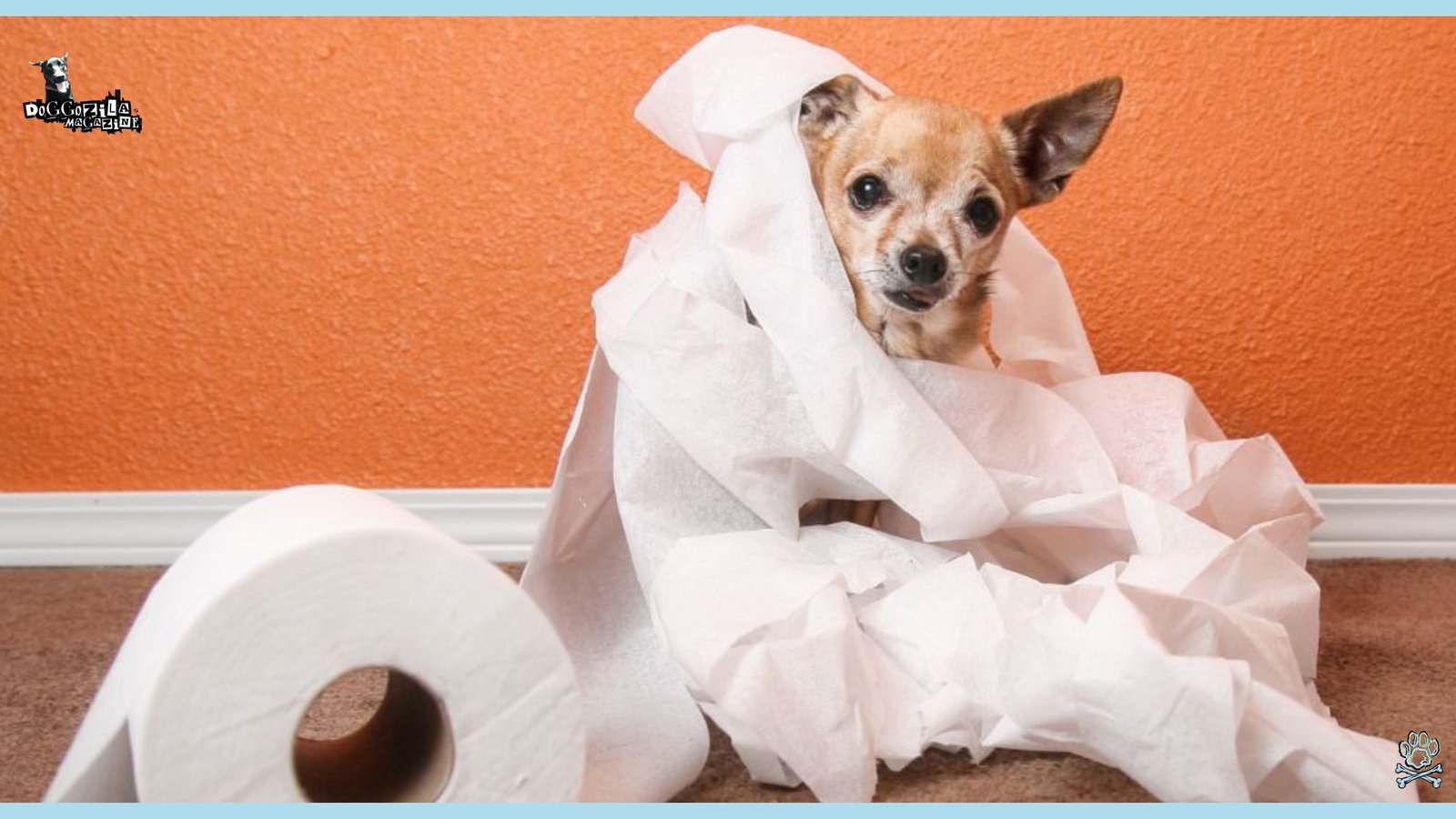
HOW LONG CAN DOGS GO WITHOUT POOPING WHEN THEIR ROUTINE CHANGES DRAMATICALLY?
When a dog’s routine shifts—like after travel, a move, or a new household member—digestive rhythm can be the first casualty. The question “how long can dogs go without pooping” comes up often after these transitions. It’s not just about time—it’s about how your pup is handling stress. Add diet and hydration inconsistencies, and you’ve got a storm brewing. Understanding their environment is key to resolving the logjam.
Dogs thrive on consistency, and sudden environmental changes may cause temporary constipation. A dog that’s anxious may hold it in, quite literally. Crate-trained dogs especially may wait longer to relieve themselves in unfamiliar settings. Comfort and routine restore balance. Monitor bathroom habits during any big change.
Road Trips And How Long Can Dogs Go Without Pooping When They’re Away From Home
Dogs can get travel-induced tummy trouble. Long car rides or plane trips mean holding it in—sometimes for more than a day. The unfamiliar sights, sounds, and smells can delay defecation. The question “how long can dogs go without pooping” takes on a whole new meaning during travel. Some dogs refuse to go in new places entirely, holding it until they’re home again.
You might see pacing, whining, or sniffing without the usual squat. Offer breaks every few hours and keep them hydrated. Bring familiar potty pads or toys to create comfort. Soft, fiber-rich treats can gently stimulate the bowels. If more than 48 hours pass without action, it’s time to check in with a vet.
New Homes And How Long Can Dogs Go Without Pooping During Transitions
A move is a massive sensory shift for dogs. New floors, smells, and noises can all cause disorientation. It’s common to see a pause in pooping, especially during the first two days. The question “how long can dogs go without pooping” often surfaces among pet parents unpacking boxes.
Dogs may not feel secure enough to go just yet. Keep walks consistent and calm. Don’t force it—let them explore and pick their comfort spots. Be patient and offer praise when they finally go. Re-establish routine ASAP, and stool frequency should normalize quickly. If it doesn’t, anxiety-reducing supplements or behavioral therapy may help.
Babies, Guests, And How Long Can Dogs Go Without Pooping In Busy Homes
New family members or increased foot traffic can throw your dog’s world off balance. Whether it’s a newborn or a weekend of hosting, disruptions can cause them to hold it in. Dogs may avoid going around guests or in noisy environments. The question “how long can dogs go without pooping” becomes a mental health check more than anything.
Create a quiet corner where your dog feels safe. Stick to feeding and walking schedules to re-anchor the day. If they’re refusing to poop longer than usual, scale back stimulation and offer low-sodium broth for hydration. Their comfort zone matters more than ever during these moments.
🔑 Key Points: Puppies poop far more frequently (often 4-5 times daily) due to their fast metabolism. Frequency decreases as they mature, stabilizing around 1-2 times per day for adults. Lack of pooping in a puppy is a serious sign.

HOW LONG CAN DOGS GO WITHOUT POOPING IN COLD WEATHER WITHOUT BECOMING A PROBLEM
Cold temps can make even the most outdoorsy dog turn their paws right back inside. The question “how long can dogs go without pooping” climbs in search traffic every December for good reason. Some pups hold it just to avoid frostbite. Others may not drink enough water, leading to firmer stools and constipation.
Winter weather often changes the game when it comes to a dog’s willingness to do their business. Breeds with little fur or short legs are most susceptible. If your dog hasn’t pooped in two days during a cold snap, it may be due to weather aversion more than illness.
How Long Can Dogs Go Without Pooping During Snowstorms And Freezing Temps?
Some dogs see snow and think “playground.” Others see it and think “absolutely not.” Cold, ice, and wet paws make pooping a chilly chore. Our question “how long can dogs go without pooping” feels especially relevant during winter storms. Dogs might skip a day or two but should bounce back with warming weather.
Try bundling them in booties and jackets, and create shoveled potty paths. Shorter walks during winter are fine, as long as opportunities are provided. If your dog starts straining or acting unusually, don’t blame the cold—seek a vet’s input.
Hydration In Cold Seasons Affects How Long Dogs Go Without Pooping
It’s easy to forget about water when it’s freezing out, but dehydration is just as dangerous in winter. Less water = tougher stools = longer intervals without pooping. If you’re wondering “how long can dogs go without pooping” during January, hydration may be the answer.
Warm broth or wet food helps boost intake. Break the ice in water bowls outside. Keep an eye on snow ingestion—it’s not a reliable water source. A hydrated dog is a pooping dog. And that’s a win for everyone involved.
Cold Sensitivity And Breed-Specific Patterns In Winter Pooping
Chihuahuas and other small breeds often act like drama kings in winter—refusing to go outside at all. Their low body fat makes them susceptible to cold-induced digestion slowdowns. This factors into how long dogs can go without pooping when they’re uncomfortable.
Even larger breeds like Greyhounds may struggle. Look for breed-specific coat options and protect paws. If you’re not providing warmth, you might just delay the doo. Recognizing their threshold for cold will help build confidence and regularity through wintertime blues.
🔑 Key Points: Constipation often manifests behaviorally through lethargy, restlessness, clinginess, avoiding activities, whining while squatting, or obsessive sniffing without producing.
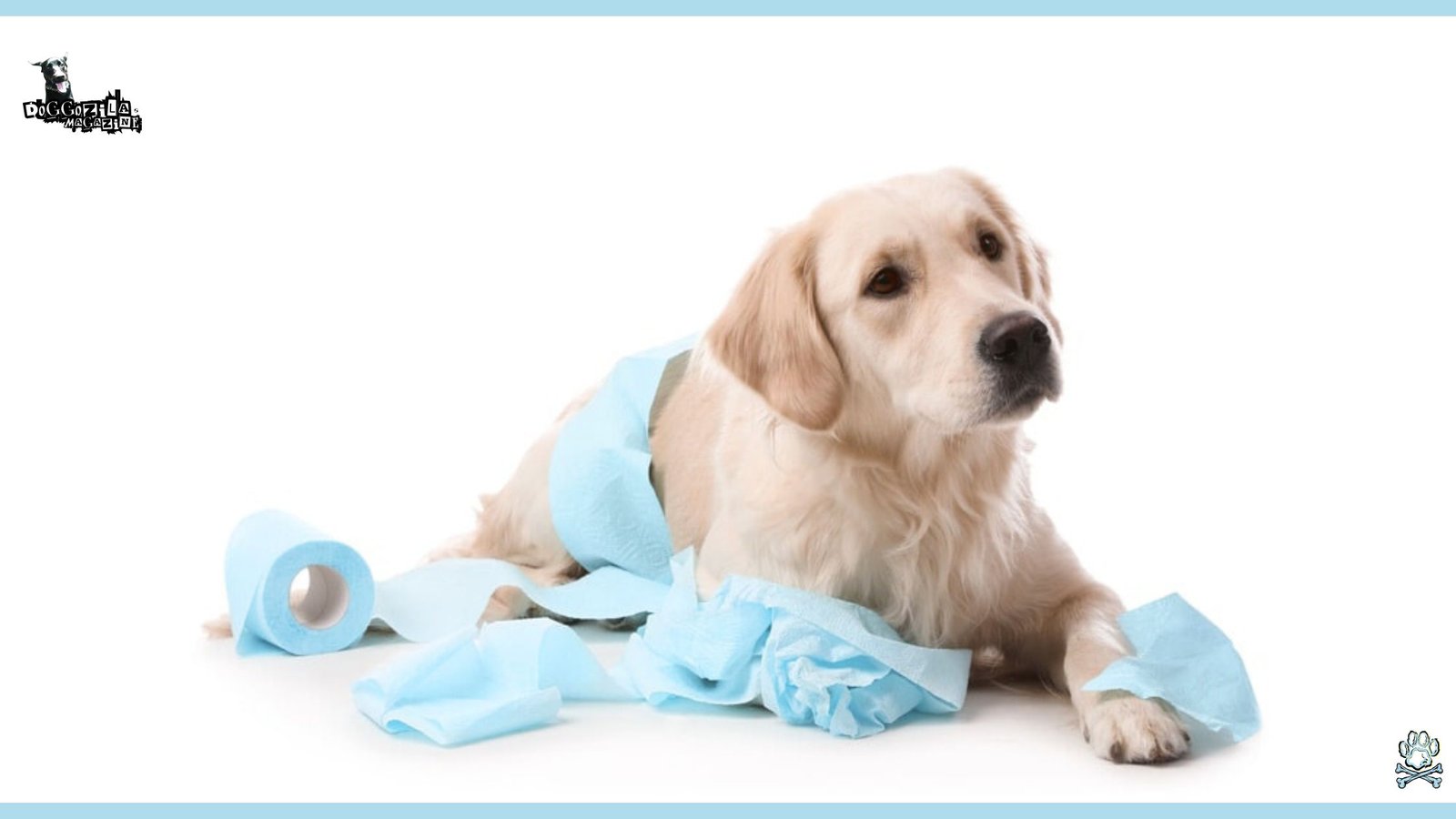
CAN DIET SWITCHES EXPLAIN HOW LONG CAN DOGS GO WITHOUT POOPING DURING ADJUSTMENT PHASES?
Changing up your dog’s food might be done with the best intentions—but the digestive system needs time to catch up. A gradual switch allows the gut bacteria to adjust and helps avoid sudden constipation or diarrhea. Pet parents often find themselves typing “how long can dogs go without pooping” when a new food brand causes silence on the bathroom front.
Whether you’re introducing raw, hypoallergenic kibble, or a vet-recommended prescription diet, the timeline matters. Transitioning too quickly can confuse the bowels. Give at least a week for food transitions, increasing the ratio bit by bit. Always keep track of both appetite and stool quality. Feeding time becomes showtime for your dog’s gut health.
How Long Can Dogs Go Without Pooping On Raw Or Homemade Diets?
Raw and homemade dog diets are trending for good reason—tailored nutrition, fewer fillers, and glowing coats. But they often lead to reduced stool volume because more of the food is actually used by the body. Suddenly, you’re left wondering, “how long can dogs go without pooping” when switching to a diet with less waste. It’s common for dogs on raw diets to poop only once a day—or even every other day.
That’s not necessarily bad. What matters more is consistency in that new rhythm. Bones, organs, and muscle meats digest differently than traditional kibble. Overfeeding bones can create “concrete poop” that’s hard to pass. Fiber-rich veggies and occasional canned pumpkin can balance things out. Monitor energy and hydration closely, especially early in the switch. Think of raw as high-efficiency fuel—with fewer emissions.
Grain-Free Food And How Long Dogs Can Go Without Pooping On Low-Residue Diets
Grain-free diets might be great for allergies, but some come with low-residue formulas that shrink stool size and frequency. If you’ve made the switch and found yourself Googling “how long can dogs go without pooping,” you’re not alone. These diets aim for efficiency, leaving less undigested material behind.
Dogs might poop every 36 to 48 hours, which can feel unnerving at first. Watch for straining or dry stools as red flags. Not all low-residue diets are fiber-deficient, but some may require fiber or probiotic supplements. What works for one dog may not suit another—track what’s working with a poop log (yes, it’s a thing!). Fewer poops aren’t bad—unless they come with discomfort.
Sudden Protein Overloads And How Long Dogs Go Without Pooping After Cheat Days
Ever shared your steak dinner out of guilt? One meaty indulgence can throw off your dog’s system for days. Sudden spikes in protein or fat may cause digestive pauses. When you’re asking “how long can dogs go without pooping” after a cheat meal, just know: your dog’s gut is recalibrating.
Rich treats, especially dairy or greasy table food, may harden stool or cause constipation. Digestive enzymes can help, but prevention is best. Save the indulgence for dog-safe snacks and leave the ribs to the humans. Think of their digestive system like a precision engine—it doesn’t handle random fuel well.
🔑 Key Points: Diet is the primary regulator of bowel frequency and consistency. Sudden changes, protein/fiber levels, additives, allergies, and hydration status all directly impact how often a dog poops.

HOW LONG CAN DOGS GO WITHOUT POOPING AFTER SURGERY OR MEDICATIONS?
Post-operative pups often face temporary digestive delays. Anesthesia, pain meds, and inactivity all contribute to slower gut movement. Most dogs should poop within 48–72 hours after surgery. Asking “how long can dogs go without pooping” after a procedure is smart—it’s often a subtle sign of how well recovery is going.
Medications like opioids can significantly delay bowel movements. Gentle walks, hydration, and soft foods can help the body get back in rhythm. You want regular output, not just for cleanliness, but for wellness checks too.
Medications That Impact How Long Can Dogs Go Without Pooping
Painkillers, antihistamines, and certain antibiotics can all have constipation as a side effect. If your dog is on meds and hasn’t pooped in two days, you’ve got cause to investigate. The question “how long can dogs go without pooping” pops up regularly in post-surgical vet calls.
Don’t panic—but do monitor. Laxatives or stool softeners may be prescribed, but never DIY with human options. Always ask your vet for the go-ahead. A warm compress on the belly may also help stimulate movement. Think of the body as rebooting—sometimes it needs a gentle nudge.
Recovery Time And How Long Dogs Go Without Pooping During Crate Rest
Crate rest might heal bones but challenges bowels. Less movement equals sluggish digestion. Dogs recovering from injury might go without pooping for 48 hours or more. When you’re wondering “how long can dogs go without pooping” during rest, look at activity levels.
Gentle stretching and safe range-of-motion exercises can help. Offer easily digestible foods like boiled chicken and rice. Mental stimulation can also lower anxiety, which aids digestion. Don’t rush recovery—but keep regular poop tracking in your healing toolkit.
Antibiotics, Microbiomes, And How Long Dogs Go Without Pooping Post-Treatment
Antibiotics wipe out both bad and good gut bacteria. During or after a course, your dog’s poop habits may stall or shift. “How long can dogs go without pooping” becomes more common as the microbiome rebuilds. Probiotics during and after antibiotics can help repopulate the gut.
Yogurt, kefir (dog-safe portions), or veterinary probiotic chews can reestablish balance. You’re not just treating illness—you’re nurturing recovery from within. Poop, once again, becomes a sign of progress.
🔑 Key Points: Serious medical reasons for constipation include intestinal blockages (toys, bones), parasites, clogged anal glands, neurological conditions, and medication side effects, requiring prompt veterinary investigation.
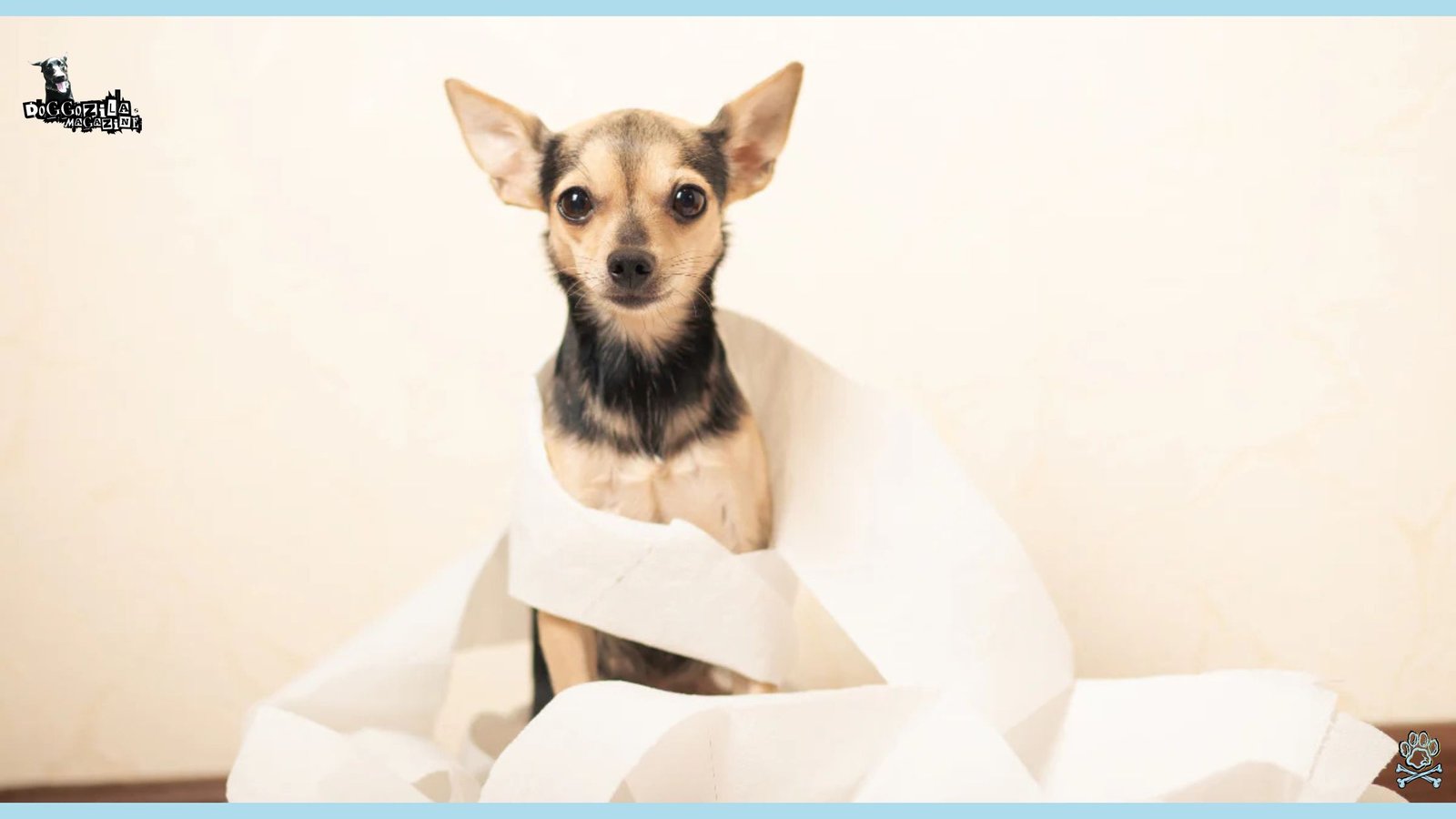
HOW EXERCISE AFFECTS HOW LONG DOGS GO WITHOUT POOPING DURING LAZY SPELLS
Movement fuels digestion. Dogs who aren’t walked regularly may develop constipation from inactivity. The more they move, the better their bowels perform. If you’re typing “how long can dogs go without pooping” during a couch-potato phase, it’s time to lace up your sneakers.
Just 20–30 minutes of brisk walking can work wonders. Fetch games and light runs also help stimulate the intestines. Consider activity as much a part of poop planning as food and water.
Skipped Walks And How Long Dogs Go Without Pooping During Rainy Days
Rainy weather often equals “nope” energy from dogs. Some refuse to go out and wait for blue skies. But if your dog skips more than a day, “how long can dogs go without pooping” becomes a question worth acting on. Umbrellas and raincoats aren’t just for fashion—they help cut the hesitation. If puddles are a problem, train your pup to use indoor potty pads temporarily. The goal is movement and routine, even if the skies say otherwise.
Inactivity In Senior Dogs And How Long They Go Without Pooping
Older dogs may slow down physically and digestively. Muscle tone supports bowel contractions—and less motion means weaker output. This question “how long can dogs go without pooping” is especially relevant for seniors. Encourage gentle play, hydrotherapy, or massage. Keep meals smaller and more frequent. Monitor hydration closely. A little more TLC keeps things moving in golden years.
Play-Based Routines And How Long Dogs Go Without Pooping When Stimulation Is Low
Mental stimulation counts, too! Bored dogs sometimes eat less, drink less, and poop less. Adding puzzles, scent games, or training boosts their “life rhythm,” including digestion. If your dog hasn’t pooped in over a day, ask yourself: did they actually have any fun today? Emotional well-being affects the whole system. Keep things playful to keep things regular.
So, How Long Can Dogs Go Without Pooping—And What’s Your Next Move?
Ultimately, the answer depends on context: diet, hydration, routine, age, activity, and mental well-being. The question “how long can dogs go without pooping” is less a mystery and more a diagnostic tool. Your dog’s poop says more than you think—it’s a health headline. Keep a close eye on it, stay consistent, and act early when things go quiet. And when in doubt, don’t guess—call your vet.
🔑 Key Points: Psychological factors like fear, past punishment associated with pooping, or anxiety can cause dogs to physically hold in stool. A calm, secure environment and positive reinforcement are crucial for resolution.
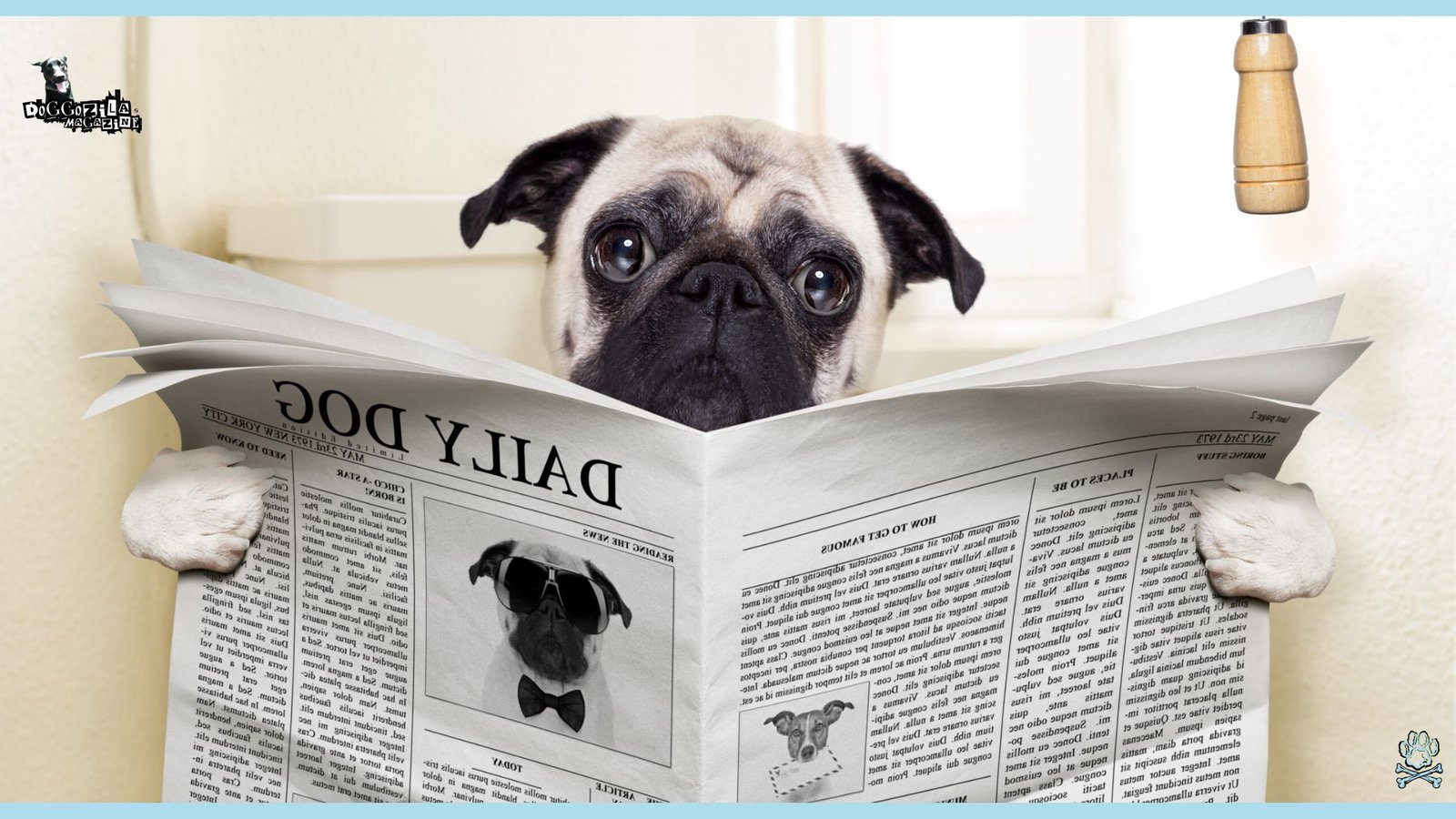
FUN (AND GROSS) FACTS ABOUT DOG POOP YOU NEVER KNEW
Believe it or not, dog poop can tell you a lot about your pet’s health. From color to consistency, there’s a whole science behind what lands in your yard. Healthy poop should be chocolate-brown, firm but not hard, and easy to pick up. Green or black stools can indicate diet changes or internal bleeding.And yes, dogs really do prefer to poop aligned with the Earth’s magnetic field—studies prove it! So next time you’re on poop patrol, take a closer look—it might just save your dog’s life.
Persistent constipation, straining, crying during attempts, or going more than 48 hours without pooping combined with discomfort signals potential serious issues like obstruction, pain, or disease.
Why Dogs Circle Before Pooping (It’s Not Just for Fun)
Ever noticed your dog doing the pre-poop spin? This bizarre ritual actually serves a purpose. Circling helps them assess their surroundings for safety and align themselves comfortably. Some experts believe it’s an instinct left from wild ancestors who needed to flatten grass or scare away bugs.
Others think it’s about finding the perfect magnetic alignment—yes, really! So, how long can dogs go without pooping if they’re too stressed to circle? Longer than usual, which is why a calm environment matters.
Final Thoughts: Keeping Your Dog’s Digestion on Track
Now that you know how long dogs can go without pooping, you’re better equipped to spot problems early. A balanced diet, plenty of water, and regular exercise are the keys to a happy, healthy pup.
If in doubt, always consult your vet—better safe than sorry. And remember, while dog poop might not be the most glamorous topic, it’s a vital part of pet ownership. So here’s to many more years of clean yards and healthy pups!
🐾









